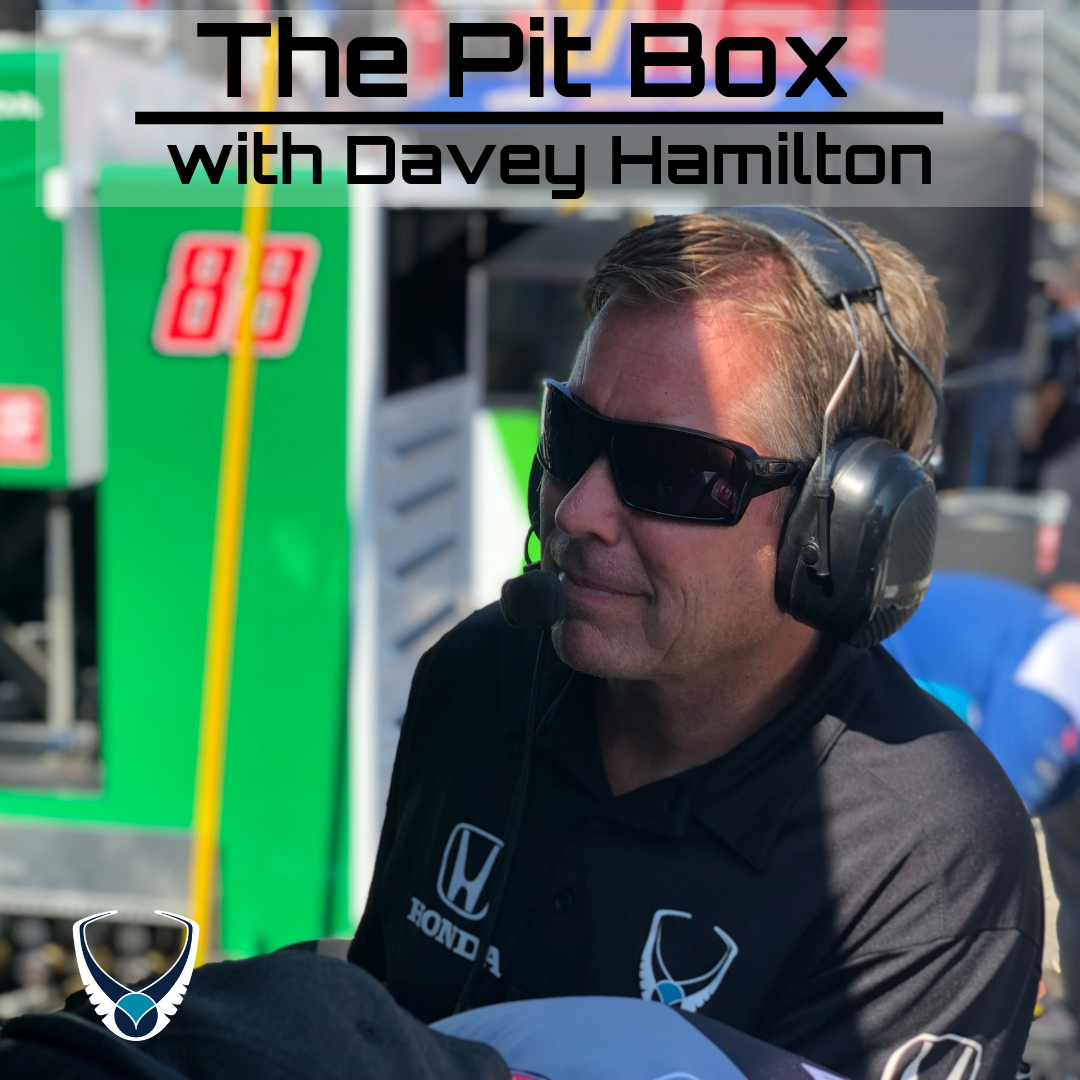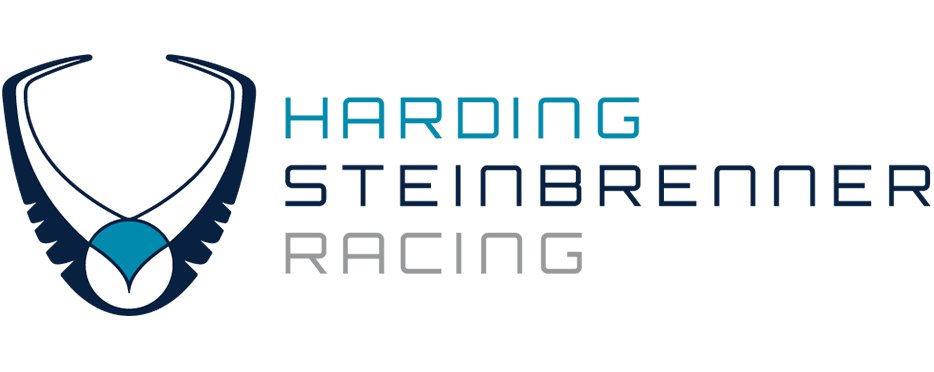-

-
Pit Box Pole to Podium: Davey Hamilton – Master of Everything
Words: David Barr
Harding Steinbrenner Executive Consultant Davey Hamilton has done it all in his career. From driver to owner to track owner, sales and marketing, popcorn popper and more. All those skills and experiences are helping propel HSR and Colton Herta to new heights in the NTT IndyCar Series.
DB: What’s your connection with this with this team? Why join on in March?
DH: I’ve known Brian (Barnhart) and Mike (Harding) for years. We started talking and asking a lot of questions about the team and business. How to go about it with sponsorships or relationships and finding the right people to make it successful. Last year they offered me a program to come over and join his team. Originally when there was a thought of having a two-car team, I was going to run one of those. When that went away, it created too many people for one car, so I started helping on the sponsorship side. You have to remember, Brian’s a great guy. I know Brian well. We were in the first INDYCAR drivers meeting together. He has done a great job but has never run a business. Mike is unbelievable. The commitment that he’s had and the money that he spent to do this. I don’t know anybody that has the dedication and the willpower to make a team like this work. I’ll just tell you, he’s unbelievable. On what he’s put into this and what he wants out of it. Hats off to him and we’re all behind him here. I mean, he’s the leader of the pack for sure. I could not be happier.
DB: You have your hands in so many different things throughout the week and on race weekends. What’s a “normal” day for you look like?
DH: Yeah, not sure if that’s a good thing or a bad thing to have (hands in so many different things). But where I felt my best opportunity to help the team succeed was just the knowledge from being a team owner, being a racetrack owner, being a race driver, all the above. So, my normal day starts when I see the crew, just to make sure that they have everything they need. My first hour, hour and a half is spent going over the needs of the team, going over the previous race and just making sure what we need that everything’s in line to make it to the next race. Then I go upstairs and really start working on answering emails. Trying to help find the proper funding that we need. It all takes money. When it comes to the racetrack, I try to help as much as I can to help with input and strategy with the engineers. Just try to help as much as I can.
DB: I’m not sure how rare it is but to have all of the experience that’s in your paddock and in that garage every single day, no matter if it’s race day or not, I would think that all of that has got to play a huge advantage to a naturally gifted, very intelligent driver like Colton.
DH: It’s one of the first times I’ve been with a team that you’re not talking to a driver about things like what lines to take or how to get up to speed or how to save fuel. He was fast immediately. He’s in the right line. He’s super-fast. Right? He’s just so good. I mean, the kids a superstar.
DB: One of many exceptional things about Colton is that is absolutely a willing learner.
DH: Yeah, you know, he’s got a lot of time behind the wheel. I think you learn in every single race that you’re in. If you’re not learning, or using your experience that you have learned, there’s something wrong. You’re so right. I mean, he listens and if there’s something he has questions about he asks. He wants to get better and win. In his case, there’s no one better to ask than his father, especially somebody who has the knowledge of Bryan (Herta). He’s learning. He’s learning how to be a champion.
DB: We went from the excitement of race one in St. Pete to elation at COTA and then the roller coaster with some DNF’s, and then back to running seventh and Toronto. Where has Colton improved the most from St. Pete to now?
DH: He has been consistent throughout every race. I think one of his biggest adjustments is just not knowing how physically challenging these races are as a racing driver Secondly, I think his risk reward on some of the moves that he takes because he’s used to sprint races (like Indy Lights) where you have to make it happen now. Sometimes you have to take more of a risk making a pass in those races than you do in INDYCAR. Lastly, he’s gotten better with strategy and pit stops. Last week in Toronto was the first time this season that we were flawless the entire race in the pits. That comes from Colton hitting his spots and of course everyone on the team having a focused and great race.
DB: You mentioned helping on the sponsorship side of things earlier. How has the events of the season so far impacted those conversations?
DH: Well, and I think when you have the youngest winner ever, the youngest ever pole sitter in NTT IndyCar Series history and such a personal guy, I mean, you have a bit of a golden nugget there that we need to take advantage of and that’s what we’re trying to do. We want to make sure that we give him all the tools that he needs to win races. We are extremely happy with him and he is happy with us. We want to keep him with this team for a very long time.
DB: You’re involved in so many different things. What’s the one thing you wish you could dedicate your time to solely? What do you miss doing the most?
DH: Short track racing. Tony (Stewart) is doing that again but it’s tough unless you do like Tony and be in it full time, it’s hard for him. If I had my choice and I had the budget to do it just to go back short track racing full time. That’s probably number one. Number two is I enjoyed being a team owner. I enjoyed that. I wouldn’t mind being a team co-owner again. I mean, that was a lot of fun. I enjoy that stuff. I’m race guy. I want to be at a racetrack whenever it is. It’s the adrenaline, it’s the competition. And I also think those relationships, make you want to continue to do what you do. Good times, bad times. It’s all about people.
